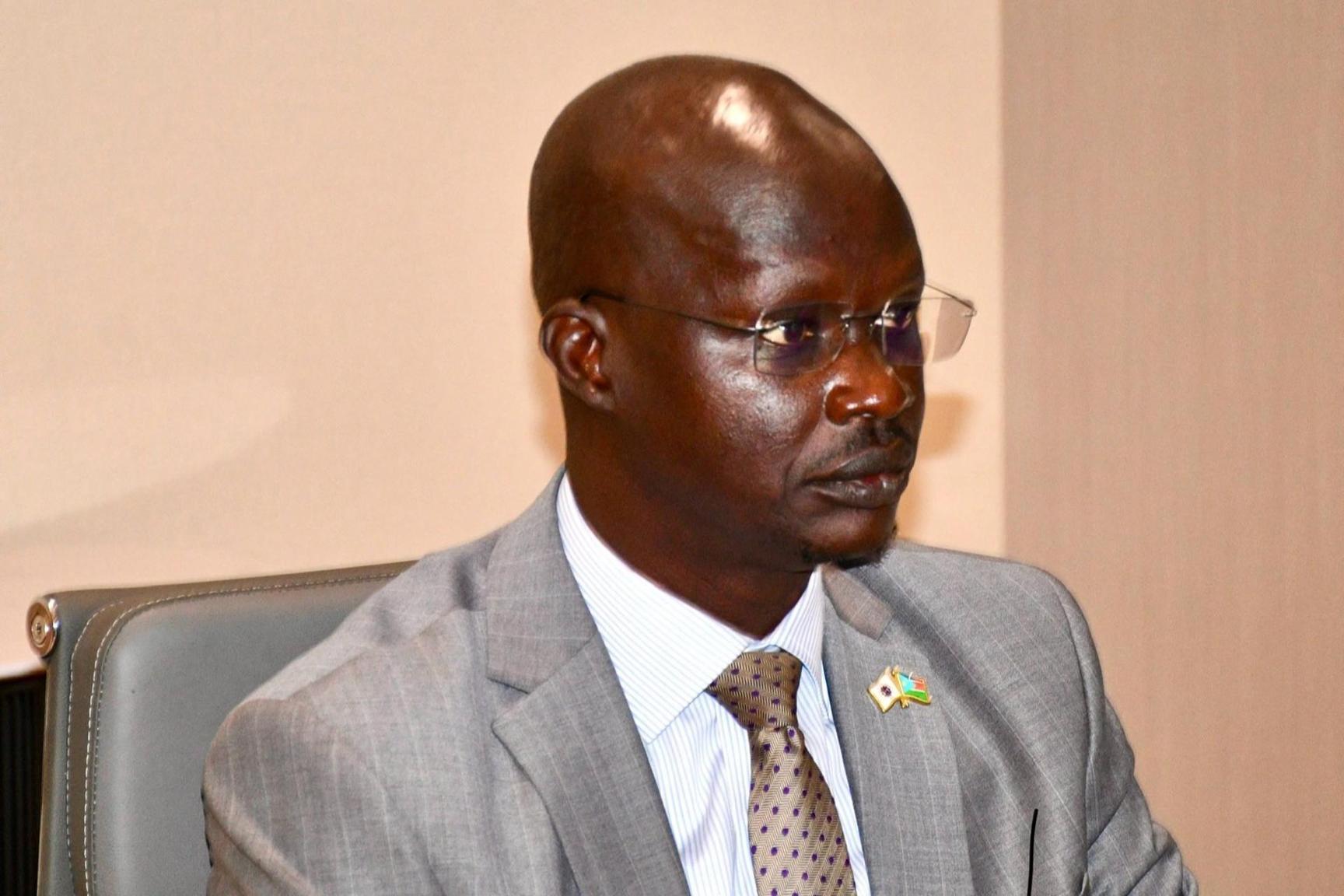Africa-Press – South-Sudan. The Central Bank of South Sudan has declared mobile money a fully recognised and legal form of payment to ease business transactions as the country battles a protracted cash crisis.
In a statement released Friday, the bank said the move is a key step in its 2023-2027 strategic plan to increase mobile money usage among adults to 30% by 2027, an initiative which aims to make digital financial services more accessible and affordable, particularly for underserved communities.
The decision establishes mobile money as equivalent to cash or bank transfers, requiring all businesses, service providers, and individual merchants to accept it when offered.
This move, the institution said, is grounded in the Electronic Money Regulation of 2017, which legalises mobile money as a valid payment method and makes refusing it without justification a punishable offence.
Violations, according to the statement seen by Sudans Post, could lead to fines, legal proceedings, or other sanctions under the regulation and related laws.
The Electronic Money Regulation, 2017, defines mobile money as a legitimate form of currency with the same legal standing as traditional payment methods.
It mandates that businesses and service providers display clear notices confirming their acceptance of mobile money, along with their agent number, to meet legal requirements. The regulation also authorises regulatory bodies and law enforcement to monitor compliance and penalise non-compliance.
The Central Bank has encouraged consumers to use mobile money for daily transactions and to report any businesses that refuse to accept it. This push is designed to expand financial inclusion, especially in areas where traditional banking services are scarce, making it easier for people to participate in the economy.
Regulatory authorities have been directed to enforce the new rules, ensuring that businesses and individuals comply with the mandate.
Failure to adhere to the regulation without a valid reason, the bank warned, will result in legal consequences as outlined in the 2017 regulation and other applicable laws.
But challenges abound. The country’s limited digital infrastructure and low financial literacy could deal the initiative a huge blow. Beyond Juba, many rural areas lack reliable internet or mobile network coverage, restricting access to mobile money platforms for a large portion of the population.
The aforementioned hurdles are compounded by widespread lack of confidence in digital transactions and unfamiliarity with the system, particularly among older and less-educated citizens, which could slow adoption.
For More News And Analysis About South-Sudan Follow Africa-Press






